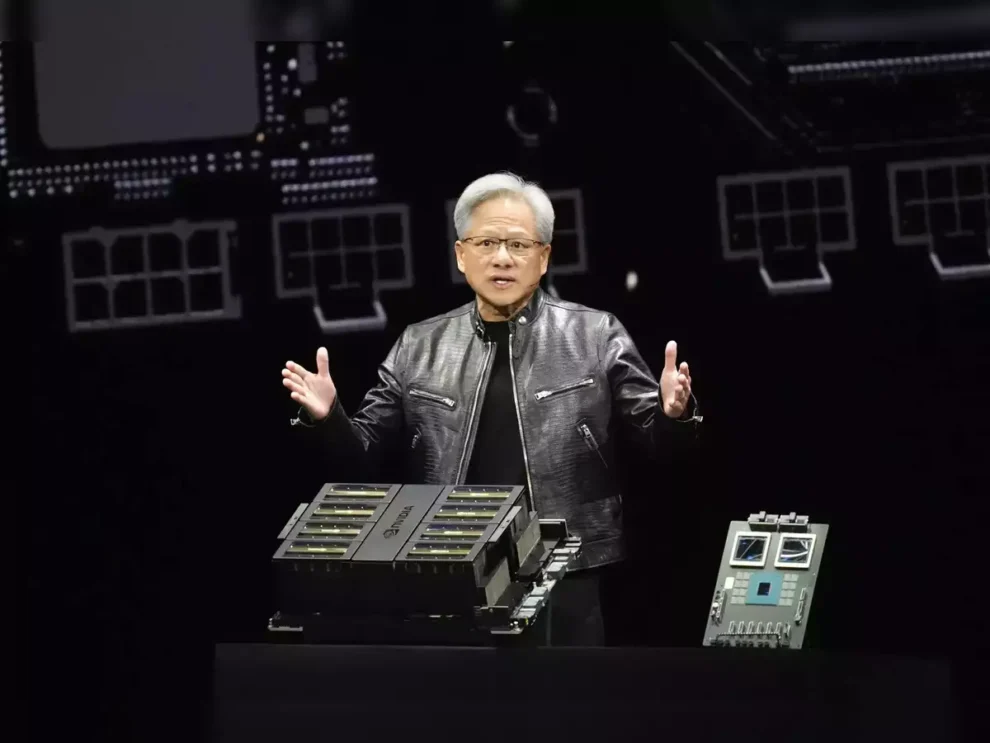Nvidia is set to unveil its latest innovation, the Blackwell B100 AI chip, marking a significant step forward in addressing AI’s carbon footprint concerns. As AI technologies continue to evolve, their energy consumption and resultant carbon emissions have become critical issues. Nvidia’s development aims to offer a solution that balances performance with environmental responsibility.
Key Highlights:
- Nvidia plans to introduce the Blackwell B100 AI chip, focusing on high-performance and efficiency.
- The introduction of this chip is part of Nvidia’s broader strategy to lead in the AI market, with the chip expected to set new benchmarks in GPU performance.
- The unveiling is scheduled for Nvidia’s annual developer conference, marking a significant event for the company and the AI industry at large.
- Despite facing challenges, including a class action lawsuit, Nvidia’s advancements in AI chips have contributed to significant market optimism and growth in its stock value.
- Nvidia’s commitment to AI and its potential for global impact is underscored by its continuous innovation in the sector.
Exploring Nvidia’s Blackwell Chip and AI’s Environmental Impact
Nvidia’s forthcoming Blackwell B100 AI chip represents a pivotal moment in the company’s history and for the AI industry. With the global AI race intensifying, the demand for more powerful and efficient computing resources has surged. Nvidia, a leading player in the GPU market, has strategically positioned itself to capitalize on this demand, promising that the Blackwell B100 will be the most powerful GPU to date. This announcement has generated significant buzz and anticipation, with the broader AI community eager to see how these advancements will influence the sector.
The Blackwell B100 chip is part of Nvidia’s commitment to fostering the development of AI systems while addressing the pressing issue of AI’s carbon footprint. As AI technologies become increasingly integral to various industries, their environmental impact cannot be overlooked. The energy consumption associated with training and running AI models has raised concerns about sustainability. By focusing on high-performance yet energy-efficient chips like the Blackwell B100, Nvidia aims to mitigate these concerns, offering a more sustainable path forward for AI development.
Nvidia’s initiative with the Blackwell B100 chip showcases a significant effort to align technological advancement with environmental sustainability. As the AI sector continues to grow, the need for solutions that reduce carbon emissions while maintaining, or even enhancing, computational performance becomes increasingly crucial. Nvidia’s approach with the Blackwell chip not only highlights its leadership in AI technology but also its commitment to corporate responsibility and the future of sustainable computing.




